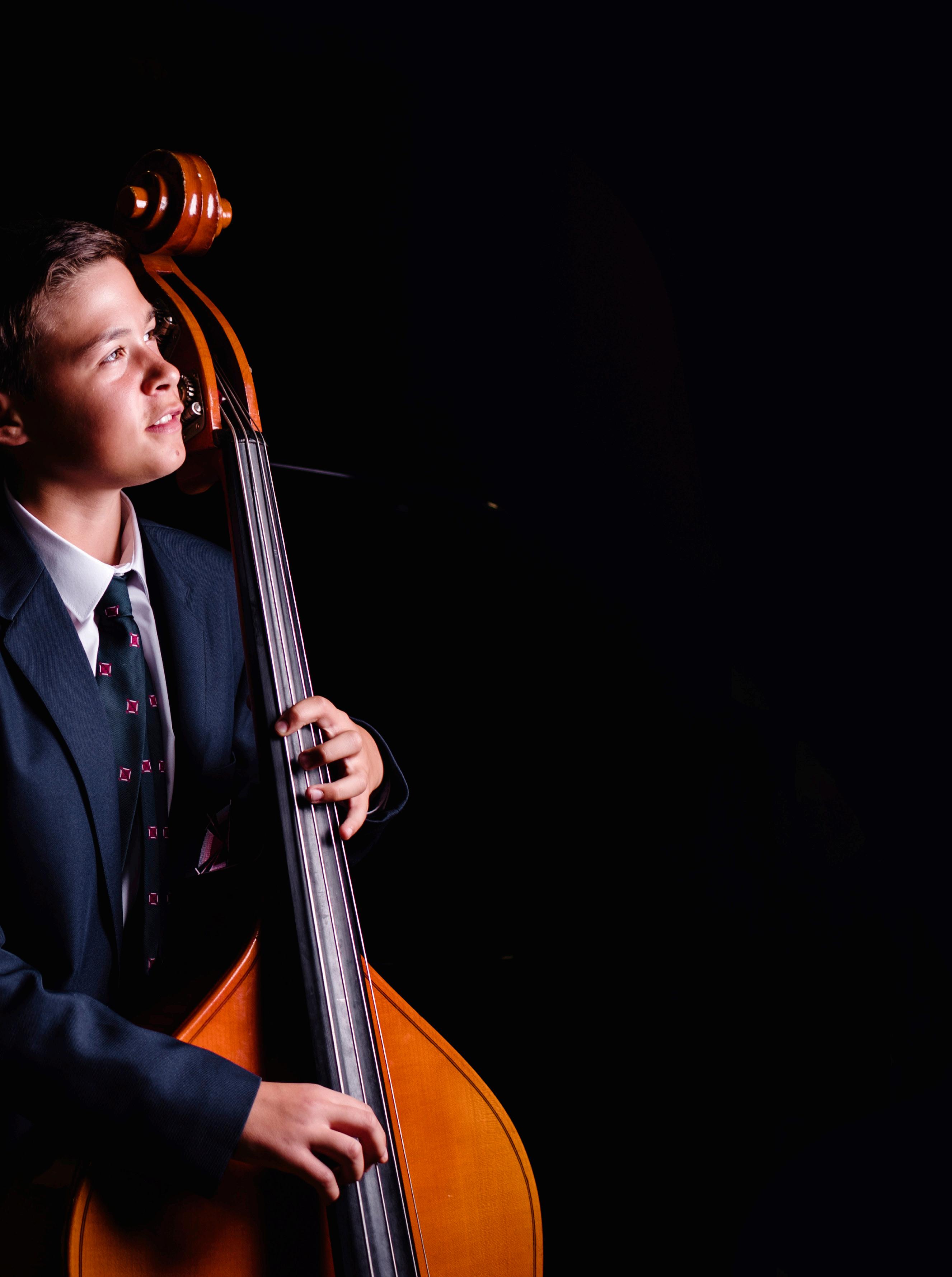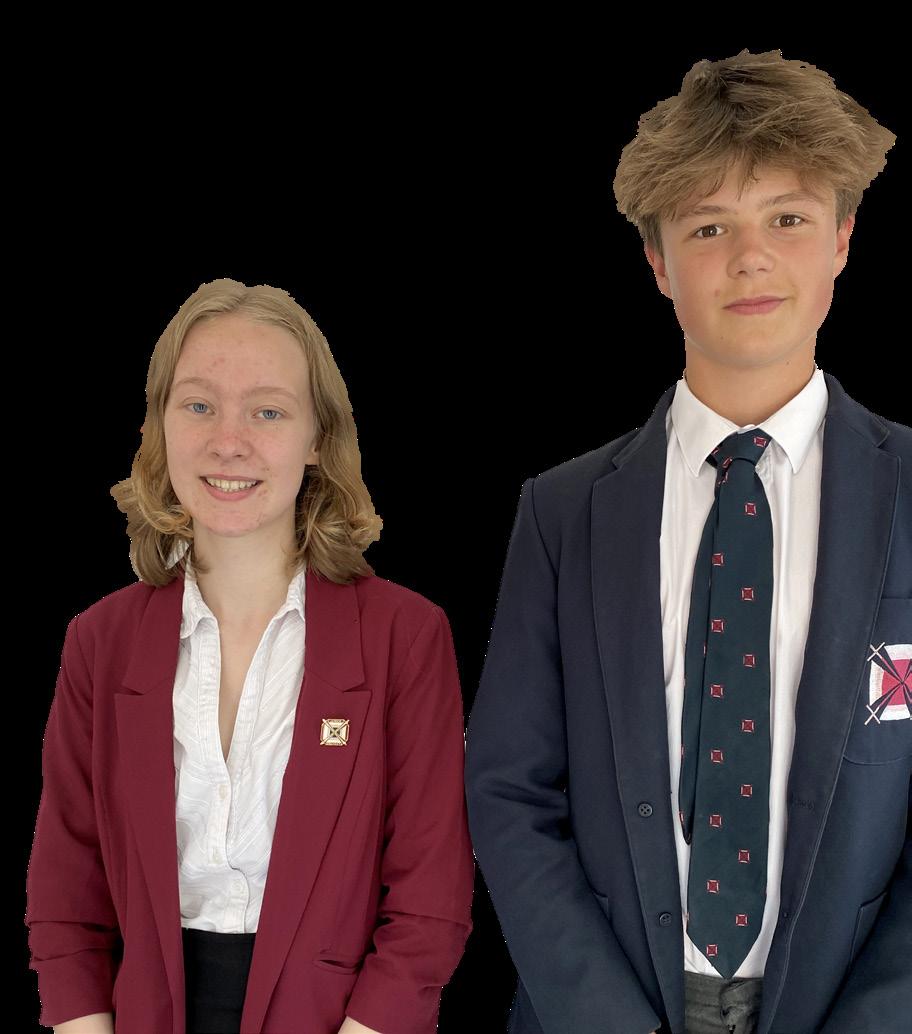
2 minute read
MUSIC SCHOLARSHIPS 11+, 13+, 16+
Music scholarships are open to pupils from any school, including Exeter Junior School and Exeter School. Music at Exeter School has an outstanding reputation and offers specialist classrooms, 18 practice rooms, and a concert hall. There is a rich annual programme of contemporary and classical concerts, at school and throughout the region, enabling pupils of all ages to experience the thrill of live performance of both established works and their own compositions.
Class teaching, instrumental teaching, ensembles, and groups are tailor-made to pupils’ interests and nearly 500 private music lessons are taken by pupils each week, taught by 27 visiting teachers.
Advertisement
Music scholars form the core of most ensembles and have a very important role within the department. They demonstrate a genuine interest and passion for music. They might be instrumentalists, vocalists, or both. Most importantly, they are prepared to throw themselves wholeheartedly into the musical life of the school through participation in concerts, ensembles, masterclasses and more. They will study music to GCSE level, and it is hoped they will continue with A Level music in the sixth form. In addition, music scholars should be fully committed to their academic studies and uphold the
MUSIC SCHOLARS ’ VIEW
‘I arrived at Exeter School from Exeter Cathedral School in September 2022. Since joining, I have enjoyed music even more than I did previously, due to the broad range of opportunities in the form of ensembles, masterclasses and performance opportunities. I play my cello in chamber orchestra, cello ensemble and symphony orchestra, and my trumpet in jazz band and also sometimes in symphony orchestra. The quality and standards of the ensembles I play in is so high, and makes a concert a thoroughly enjoyable experience.’ Dominic, Lower Fifth.
‘My name is Felicity, I am a Lower Sixth student who joined Exeter School in 2019 from Exeter Cathedral School. However, I received my music scholarship in 2022. I play the viola, bassoon, piano and I sing. I take part in nine music clubs weekly ranging from choirs to orchestras to smaller quartets. On top of that, I receive three individual lessons and music masterclasses each week. Being a music scholar has allowed me to develop my skills even further in a safe an supportive environment. I am constantly grateful for the opportunities that are open for me.’ Felicity, Lower Sixth values of Exeter School. The scholarship programme is likely to include:
• Masterclasses for all our music scholars.
• Annual scholars’ concert.
• Tuition in music theory, sight reading and aural.
• Weekly scholars ensembles.
• Mentoring for all music scholars.
As a guide, applicants to Year 7 might have a grade 2 or 3 on one instrument, to Year 9, grade 4 or 5 and to Year 12, a grade 7. However, we prefer to hear from enthusiastic pupils who have potential, play musically and come highly recommended.
The scholarship audition will require applicants to:
• Play or sing two pieces of their own choice on their principal instrument or voice.
• Play and/or sing at sight.
• Take aural tests at a standard to match the pupil’s experience.
Supporting evidence of previous accomplishments in music, in the form of references, should be submitted with your application. There will be a short interview with a member of Exeter School's leadership team.











